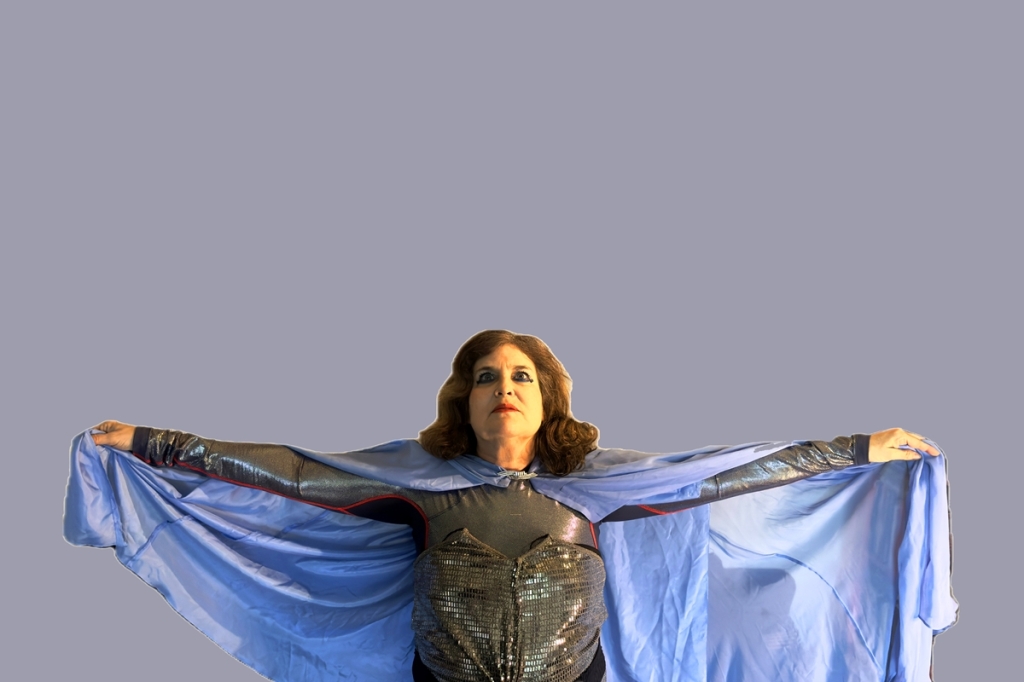
There is a surreal urgency that courses through the entirety of Hang Linton’s single “Radiator.” Utilizing the image of the radiator as a symbol for the escalating cost of living in the chorus of “Can you feel the heat?” Gorillaz bassist Seye Adelekan adds both a steady pulse and an understated yet heady insistence that accents the song perfectly as it goes from contemplating crisis to seeming to become unraveled by it all. Linton’s vocals are both delivered in spoken word fashion and psychedelic as he evokes both desperation and the attempt to keep calm in a time of multiple challenges to simply afford living. The song hits as both an intensively creative and thought-provoking post-punk song and a performance art piece that expresses perfectly the amplified anxieties that are ambient in the world in this moment and the will to hold it together with a little unleashing of those energies through creative acts. Fans of early 80s No Wave art funk and the work of Reggie Watts will appreciate the sonic heights and emotional nuances Linton and his collaborators achieve here. Listen to “Radiator” on Spotify and follow Hang Linton at the links below.











You must be logged in to post a comment.